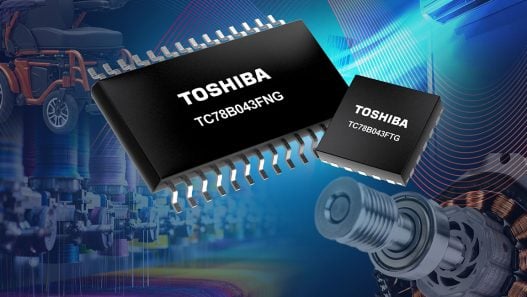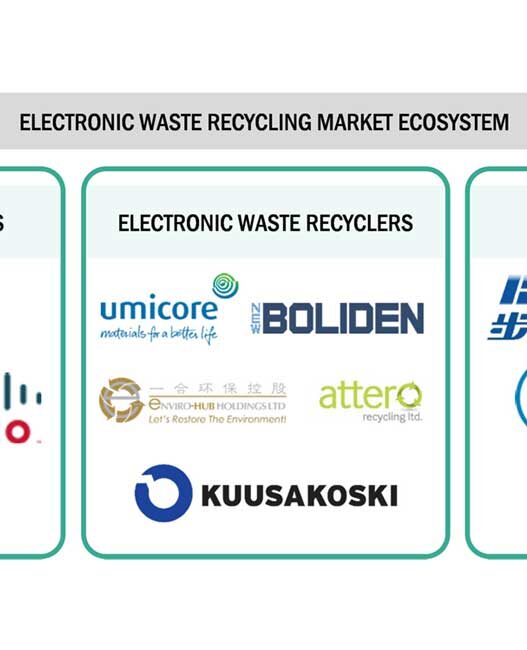The energy sector is a harsh and demanding market, with equipment and systems expected to operate at high performance at all hours of the day. This puts a strain on embedded computing systems, as they need to be suited to continuous use in spaces subject to high operating temperatures and vibration.
Harsh environments can encompass many different types of environments, especially when looking at the energy sector. Power stations particularly struggle with high temperatures, with several power stations in the past having to shut down as the climate was too hot for them. Historically, these temperature conditions have presented challenges primarily for electromechanical equipment and larger power assets such as reactors.
However, a new challenge has emerged in recent years. The energy sector is increasingly using sophisticated electronics and embedded computing to fulfil functions such as power monitoring, fault detection and automatic supply changeovers. These systems bring many benefits, but are inherently more sensitive to harsh environments and operating conditions.
Extremes in the environment are not the only extreme that embedded computers have to contend with in power stations. Due to the functions they provide, these systems also have to be constantly on. This can be a huge strain on the components, leading them to deteriorate over time which can not only damage them, but can also damage other components.
A central processing unit (CPU), for example, will degrade and eventually stop working when subjected to constant voltage. This is why suppliers such as Intel have a no overclocking rule on CPUs. The same is true of VPXs, especially when working in secure high voltage power plants, as Recab UK’s VPX’s do.
If the management plane in the VPX were to break, then fault detection and fault isolation could fail. This could be catastrophic for secure high voltage power plants, which need to be able to identify faults and fix them to prevent a blackout. To mitigate this risk, an ideal option is for an embedded computing system to be double-redundant. This can be challenging, however, in always-on environments where even the backup system would need to continuously run.
Fortunately, this issue can be overcome with intelligent embedded system design. For example, Recab UK has experience in developing VPX-based systems that are double redundant. These systems, which are typically built on VPXs from Recab’s trusted partner Aitech, give the VPX two racks that can be hot swapped to ensure continuous operation in almost any circumstance. This means that if one rack fails, the other rack can immediately take over. The other rack can then be hot swapped out while allowing the VPX to be continuously used.
In addition to balancing continuous use, embedded computing components have to also manage the harsh environmental conditions themselves. With equipment that is not specifically designed for harsh environments, a change in temperature could lead to a component breakage or power failure at the plant.
Conduction cooling methods are preferred in many sectors as they eliminate the maintenance and lower MTBF issues of using forced-air cooling fans. Experts in conduction-cooled boards and systems, Aitech, have been able to test the C875 VPX board to support -40C to +85C at the card edge.
Recab UK’s experience in working with military embedded computing technology, which is where VPXs stemmed from, as well as in bespoke design has positioned us to be able to develop VPX-based systems able to handle these environmental changes. Recab UK’s solutions combines our knowledge from several sectors and allows engineers to benefit from the latest embedded computing performance while minimising risk of downtime.
The energy sector is harsh and demanding in its needs. The continuous use of embedded computer systems, as well as the harsh environments they are subjected to, causes several challenges to arise. This is why Recab UK’s understanding of the challenges of the energy sector, coupled with its embedded computing specialism, can lead to an ideal solution to the energy sector’s needs.















